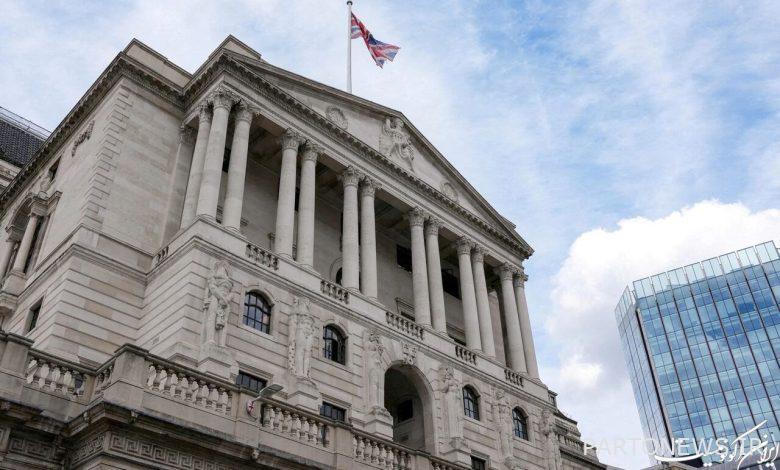Another jump in interbank interest rates and the plight of millions of debtors in the UK

According to Iran Economist, the Monetary Policy Committee of the Bank of England decided today (Thursday) to increase the interbank interest rate by 0.5% to 3.5%, which is the highest rate since 2008. In this way, a few hundred more pounds will be added to the monthly mortgage payments of millions of English people.
The Bank of England reduced the interest rate to 0.1% two years ago to reduce the economic effects caused by the spread of the Corona virus and maintained this rate until the end of last year. But with the unbridled increase in the inflation index, which has now reached 10.7% and is on the way to rising to 15%, the bank gradually increased the interest rate.
This is the ninth time this year that the Bank of England has increased the interest rate, and it is expected that this trend will continue next year and exceed the 4% mark.
According to the data of the National Statistics Center of England, 6.8 million households in this country have mortgage loans. 4.8 million households also live in rented houses, most of the property owners have mortgages. British media describe the increase in interbank interest rates as “painful” for millions of citizens who owe the bank.
Bank of England governor Andrew Bailey announced last month that the country is in recession and admitted that the country is facing a “very challenging” recession and that families will face difficult times.
After that, the British finance minister warned about the economic storm in this country, and Rishi Sunak, the prime minister of this country, emphasized in controversial statements that people should not expect the government to be the solution to all livelihood problems.
At the same time, the British economy is in the worst situation in the last half century as a result of several successive crises. Not long ago, the Economist magazine wrote in a report that the current economic situation in England is a chronic crisis, which was exacerbated by the country’s exit from the European Union. This publication added that England is stuck in a 15-year uncertainty; On the one hand, it tends to imagine itself as a dynamic and free-market place, but its economy lags behind many of the world’s rich countries.
Britain’s economic problems are so deep that hundreds of thousands of people from public jobs, from railway network and post office workers to nurses and ambulance drivers, stopped working in the last days of the year in protest of the current situation, and the country faced the biggest strike in 30 years. have faced recently.

